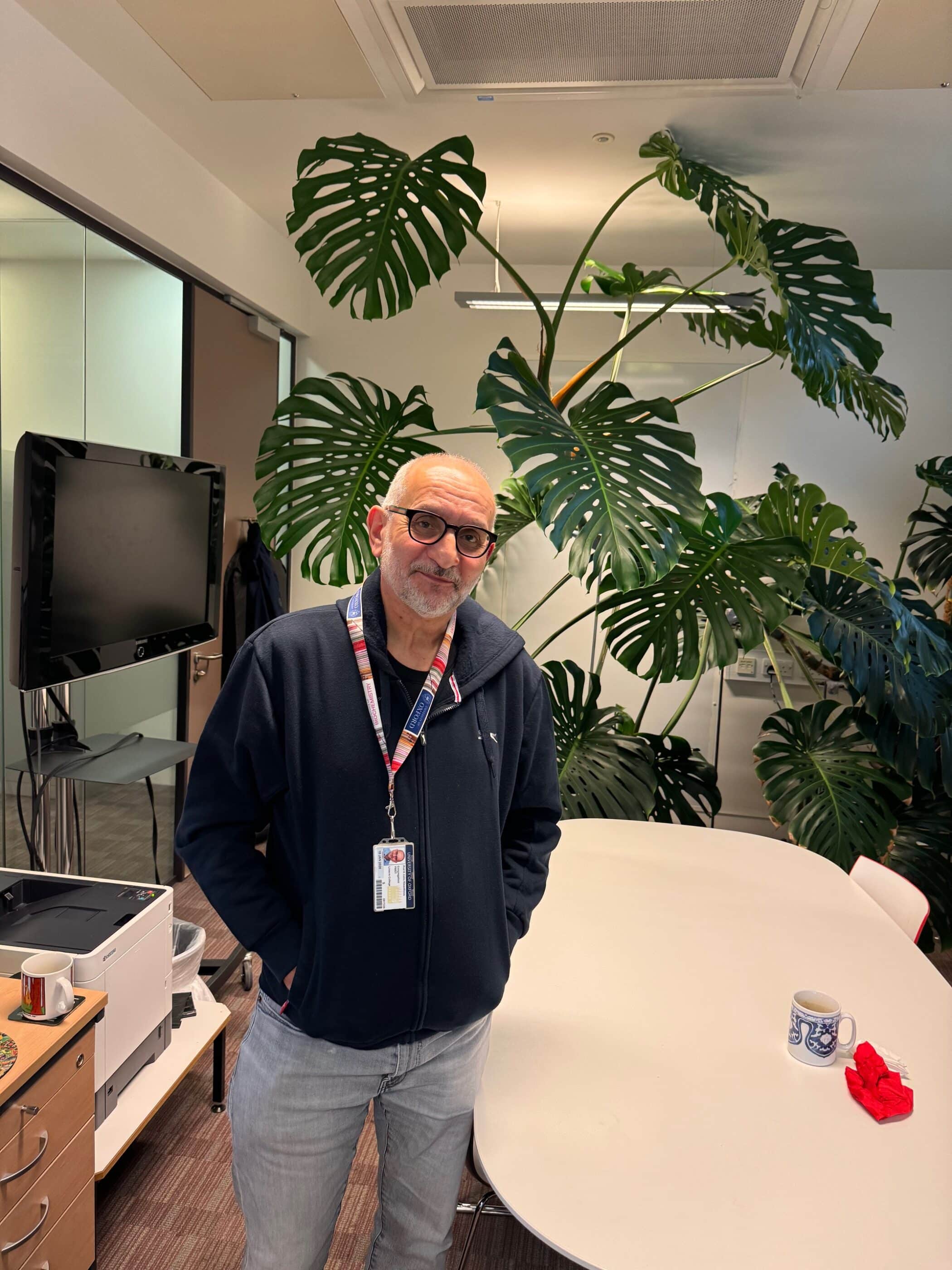Janice Golding (2003) completed a DPhil in Environmental Change at Linacre. Her studies have led to a fascinating career working with the United Nations, and she explores here how her scholarship enabled ‘on-the-ground’ relevance to her research and meaning beyond the spires of Oxford.
Today, I am committed to helping build a more sustainable world through development cooperation with the United Nations system, with a focus on solutions to overcome climate and environmental development challenges. I work at the United Nations Environment Programme (UNEP) Headquarters in Nairobi, Kenya, as its Global Head of Project Quality Assurance. Prior to this, I served the United Nations Development Programme at its field office in South Africa, as the Environment and Climate Focal Point.
Fifteen years ago, I was suffering sleepless nights worrying about money for my DPhil research. That all ended the moment I was awarded the Linacre Domus Scholarship – although over a decade ago, the memory is absolutely not forgotten.
The scholarship paid for my field travels to the Flora Zambesiaca region (Malawi, Mozambique, Zambia and Zimbabwe). It was while I was in the field that I was able to supplement my botanical research with much needed additional on-site data. I was also able to undertake critical discussions with conservation agencies and research institutions in these countries to contextualise my research. The scholarship was the master enabler for ensuring relevance of my research and its meaning on-the-ground beyond the Oxford spires and its halls of learning. It connected my college domus to my home region, southern Africa.
The scholarship also helped me to expand my professional network to include scientists in government institutions and botanical research organisations. It enabled me to meet sustainable development experts and strategic planners in international NGOs with an environmental mandate – principally Worldwide Fund for Nature, WWF and the International Union for the Conservation of Nature. I had the immense privilege of working with the world’s premier botanists who were knowledgeable on threatened plant species distributions and their population dynamics; these people were mostly stationed in the UNEP-World Conservation Monitoring Centre (UNEP-WCMC), the Paris Natural History Museum, Smithsonian Institute, Royal Botanic Gardens and Kew. The impact of these interactions and opportunities were enormous for me. Informal discussions with world-renowned experts not only boosted my confidence, but helped me create lasting ties and impressions that have influenced the course of my career trajectory.
Today, I am the Global Head of Project Quality Assurance at the United Nations Environment Programme (UNEP) Headquarters in Kenya. Since its inception in 1972, UNEP has been the global authority that sets the environmental agenda, promotes the coherent implementation of the environmental dimension of sustainable development within the UN system and serves as an authoritative advocate for the global environment. Its mission is to provide leadership and encourage partnership in caring for the environment by inspiring, informing, and enabling nations and people to improve their quality of life without compromising that of future generations.
I would like to express heartfelt thanks to those who helped make it happen for me, in particular Nick Brown, Linacre College, and the many good friends I made in Oxford. I will forever cherish those days and be grateful for the end to sleepless nights and the beginning of invaluable networking opportunities and incredible field travels.


















